Opinion: Our common humanity
| Published: 04-30-2023 8:00 AM |
Rev. Dr. Stephanie Rutt is founding minister of the Tree of Life Interfaith Temple in Amherst. She lives in Nashua. To read more of her writing visit becomeaforceforgood.com.
“The bond of our common humanity is stronger than the divisiveness of our fears and prejudices.” – Former President Jimmy Carter
In the spirit of full disclosure, expressed in my opinion piece last year, I’m proud to be what some might call “woke.” But, even more importantly, as an Interfaith minister, I’m challenged to try and at least understand views different from my own, especially when I strongly disagree.
So, I make it a practice to regularly check in on a variety of news outlets. And over time, I’ve discovered something I didn’t expect, a common thread: fear, particularly a fear of fascism.
In general, those aligned with the far-right, point to fascism being played out through such means as censoring free speech, misusing the FBI and DOJ against opponents, attacking the Bill of Rights, particularly the Second Amendment, dismantling traditional family values as well as undermining our nation’s founding principles and biblical heritage.
Those aligned with the far-left, point to the escalation of fascism through the rise of Christian nationalism, highlighting the censoring of free speech as well, eliminating reproductive rights, reshaping freedoms and options for women and girls, heralding white supremacy, the patriarchy, and by marginalizing minority populations.
Both sides favor the term fascist to describe the other and, as a result, fear exactly the same thing: being politically controlled, losing the freedom to live as they choose.
Sadly, many on both sides, fueled largely by social media prejudicial name calling, stereotyping and right out bullying, have come to accept, even desire, the possibility of separating from the other to happily cohabitate with those they deem like-minded.
Article continues after...
Yesterday's Most Read Articles
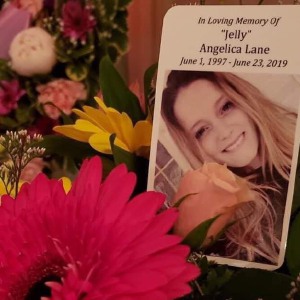 Mother of two convicted of negligent homicide in fatal Loudon crash released on parole
Mother of two convicted of negligent homicide in fatal Loudon crash released on parole
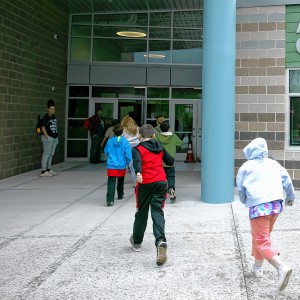 Students’ first glimpse of new Allenstown school draws awe
Students’ first glimpse of new Allenstown school draws awe
 Pay-by-bag works for most communities, but not Hopkinton
Pay-by-bag works for most communities, but not Hopkinton
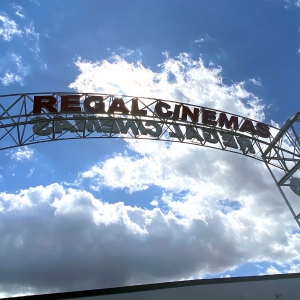 Regal Theater in Concord is closing Thursday
Regal Theater in Concord is closing Thursday
 With less than three months left, Concord Casino hasn’t found a buyer
With less than three months left, Concord Casino hasn’t found a buyer
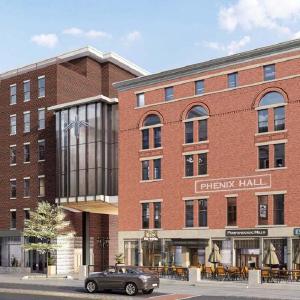 ‘Bridging the gap’: Phenix Hall pitch to soften downtown height rules moves forward
‘Bridging the gap’: Phenix Hall pitch to soften downtown height rules moves forward
Is it any wonder in this climate we could find Carter’s words to be simply platitudes from a bygone time? Well, maybe not. Because both sides are, in part, influenced by differing religious and spiritual underpinnings, I offer one small snapshot, one brief experience, I shared in my 2018 TEDx talk, that still leaves me with hope. I call it, “The Mormons and Me,” and it happened not that long ago.
One balmy afternoon, I was relaxing in my hammock when I heard voices.
“Excuse me, ma’am.”
I looked up and saw Mormon missionaries coming onto my patio. Now, normally, I avoid all forms of proselytizing and politely turn visitors away as quickly as possible. But, on this particular day, I was feeling quite spacious and found myself inviting them to sit at my patio table.
As the conversation began, they casually asked what I did. “I’m an Interfaith minister,” I said. “I serve the Tree of Life Interfaith Temple in Amherst.” A silence. And then there was that look we Interfaith ministers often get when announcing our calling.
“I’m not sure what that is,” said one of my visitors. “Are you Christian?”
“I believe in Jesus and in the Bible but I also believe God is expressed through all religions. You see, I’ve spent many years studying the major world religions and experiencing their spiritual practices. Everywhere I’ve landed I’ve found God. So, in the end, I became an Interfaith minister because I couldn’t choose one faith over the others.”
Then, hesitantly, “You believe in Jesus and the Bible but have you been saved?”
“Oh, my God, yes! A million times every day!”
Another pause. I sensed this was not a scenario covered in their missionary training. Then, I decided to use the lull to ask something I’d always wanted to know.
“I can imagine it must take such courage and conviction to take your faith door to door. Could you tell me more about that? I’d love to know what brought you to God and to sharing your faith in this way.”
They each gladly shared their stories and it felt truly wonderful to listen. What seemed like only a few minutes turned into an afternoon’s leisurely visit in the summer’s shade. As our time ended, I was no closer to becoming a Mormon than they were to becoming Interfaith but we were able to part amicably, sincerely wishing one another well.
We’d shared something deeply personal, our search for true meaning. And while our journeys had led us to different conclusions, we’d discovered together our common humanity, and had connected through our mutual love for God. As I watched them walk down the driveway, I felt, “They’re my friends, my brothers.”
Fascism? Not when there’s a table where people of different beliefs can sit together, share and truly listen. Yes, it can be challenging, even a bit disarming to recognize glimpses of ourselves in others whom we may have thought to be so different. Yet, it can also be freeing and liberating allowing fear and prejudice to dissipate, making room for some new connection we may not have thought possible.
Yes, I believe there is hope — one table, one conversation at a time.
]]>


 Opinion: Adopting the right 306 Rules
Opinion: Adopting the right 306 Rules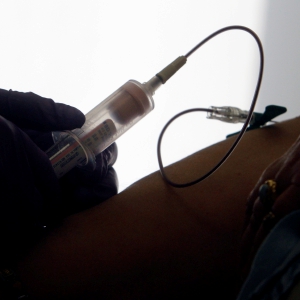 Opinion: Being and becoming: A good doctor in the age of artificial intelligence
Opinion: Being and becoming: A good doctor in the age of artificial intelligence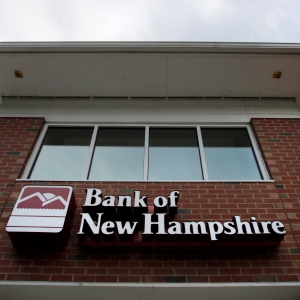 Opinion: Bankers have the NH Public Deposit Investment Pool in their sights
Opinion: Bankers have the NH Public Deposit Investment Pool in their sights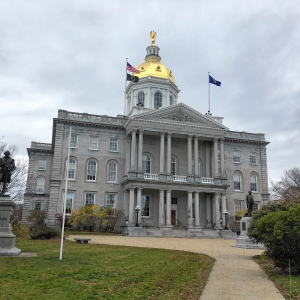 Opinion: Proposed height zoning change for Concord’s Main Street
Opinion: Proposed height zoning change for Concord’s Main Street
